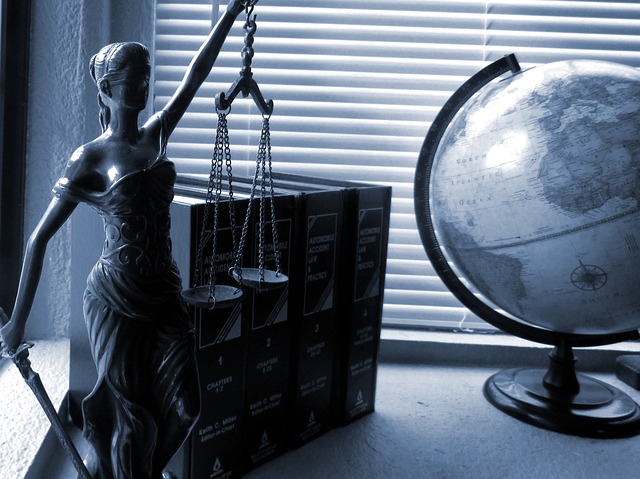The best way to understand the voluntaryist perspective on politics is to realize that there are only two types of laws: 1) those that prohibit crime, and 2) those that prohibit liberties.
Crimes are actions that produce victims, which in popular usage can mean almost anything undesirable under the sun. A more principled approach to understanding crime and victimhood is to narrow the definition to a state in which somebody has been forcefully or fraudulently deprived of life, liberty, or property.
Crime includes such obvious actions like murder, battery, rape, assault, and theft. How particular people define particular instances of these types of action may differ, but for the most part, physically hurting people or taking their stuff is generally viewed as criminal behavior.
Liberties, on the other hand, are actions that do not produce an identifiable victim. They are actions that people should be free to perform as they do not victimize, in the criminal sense, other people.
Liberty includes a much broader spectrum of actions than does crime. I think we can confidently say that any action that is not criminal, is a liberty. Liberties typically comprise 100% of people’s actions day-to-day. Think of anything you do: does it physically hurt somebody or take/damage their stuff? Then it’s a liberty, not a crime.
Liberties may be offensive in the sensibilities sense, but so long as they are not criminal, they should not be prohibited by political authorities. While every property owner may prohibit the liberties enjoyed within their private domain, they may not call upon third parties with guns to prohibit them in other domains.
Unfortunately, doing so is all too common, and makes up most of the actions that political authorities engage in today. Politicians, eager to get and remain elected, pander to sensibilities and push through laws that not only prohibit crime, but in too many ways, prohibit liberties.
The prohibition of liberties is not limited to what people eat, drink, smoke, how they use their bodies, and other such actions. It goes much further, all the way to the very foundations of political authority: the prohibition of competition in the provision of law and order. This prohibition is the root of a dangerous and corrupt system of governance. It amounts to one group of people forcing others to pay them, or else, and with little recourse on the part of their ignorant victims.
In any event, understanding the voluntaryist perspective on politics is not difficult. It might be bitter, but it is simple. If an action is voluntary vis a vis other people, it’s not a crime, and should not be forcefully prohibited by political authorities. To do so constitutes a crime in and of itself, wouldn’t you think?




